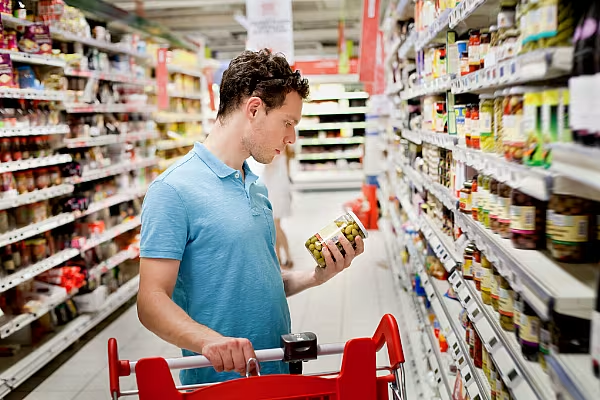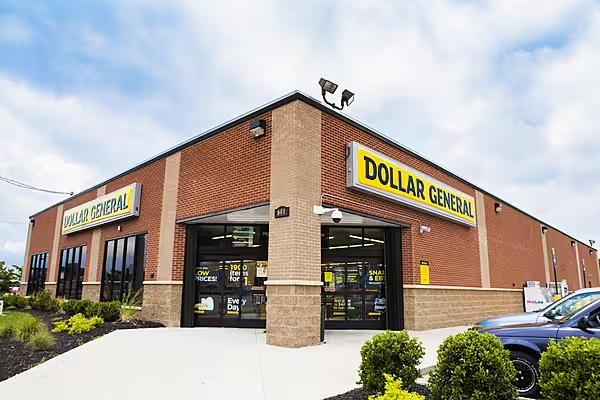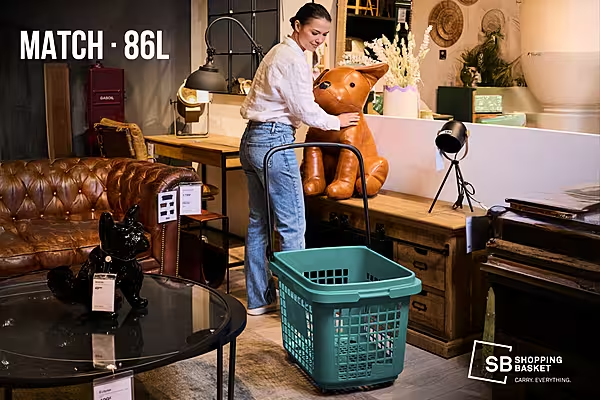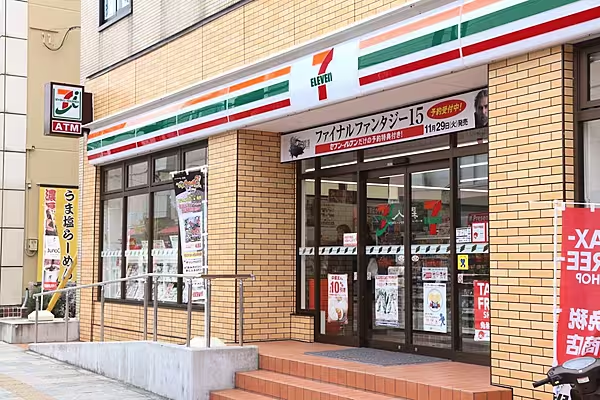Overall retail sales in the UK declined by 0.1% in 2019, the first time sales have slipped back since records began, according to the latest BRC–KPMG Retail Sales Monitor.
Chief executive of the British Retail Consortium, Helen Dickinson OBE, said, “2019 was the worst year on record and the first year to show an overall decline in retail sales. This was also reflected in the CVAs (Company Voluntary Agreement), shop closures, and job losses that the industry suffered in 2019."
Dickinson also added that the prospect of a no-deal Brexit and political instability, which concluded in a general election in December, weakened the demand for the festive period.
Retail sales saw growth of 1.2% in 2018, the study noted.
December Sales
In December 2019, retail sales increased by 1.9% year-on-year, while like-for sales grew by 1.7% on the previous year.
Online non-food sales increased by 12.8% in December 2019, compared to growth of 5.8% for the same period in 2018.
Non-food online penetration rate increased from 31.2% in December 2018 to 34.5% this past December, the report added.
IGD CEO Susan Barratt, commented, "December’s food and grocery sales ended 2019 on a downbeat note. Despite the influence of some inflation across the market, shopper spending was not as expected for such a key sales period.
"As a result, while the value of spending wasn’t down, growth was negligible and volumes declined – a rarity for Christmas in recent times."
'Christmas Trading'
"All growth will be welcome, although the true performance of Christmas trading is still to be determined. The cost of customer returns must not be overlooked. That’s especially true as online fulfilment already costs retailers a pretty penny," Paul Martin, UK Head of Retail at KPMG, added.
"Christmas trading reports will likely be mixed, but those that have truly performed well will have managed margin and costs well over both the Christmas period and beyond."
In the November-December period, retail sales declined 0.9% year-on-year, while like-for-like sales declined 1.2% compared to 2018.
Online non-food sales in this period increased by 2.6%, which is lower than the 12-month average of 3.3%, the report said.
"Black Friday overtook Christmas as the biggest shopping week of the year for non-food items. Retailers also faced challenges as consumers became both more cautious and more conscientious as they went about their Christmas shopping," Dickinson added.
Outlook
On the challenges of the coming year, Dickinson commented, "Britain’s trade negotiations will have a big impact on spending over the coming year. There are many ongoing challenges for retailers: to drive up productivity, continue to raise wages, improve the recyclability of products and cut waste.
"However, this takes resources, so it is essential the new Government makes good on its promise to review, and then reform the broken business rates system which sees retail pay 25% of all business rates while accounting for 5% of the economy."
Optimistic Shoppers
Barratt also pointed out that despite subdued financial confidence, UK shoppers appear to be "a little bit more optimistic" for 2020.
"Fewer expect food prices to be more expensive, with 75% of shoppers taking this view compared with 78% in November. This is also the first time since June 2018 that just as many shoppers predict they will focus more on quality," she said.
"As health remains the biggest driver for following a vegan or vegetarian diet, we anticipate the plant-based trend to continue to gain traction."
© 2020 European Supermarket Magazine – your source for the latest retail news. Article by Dayeeta Das. Click subscribe to sign up to ESM: The European Supermarket Magazine.














